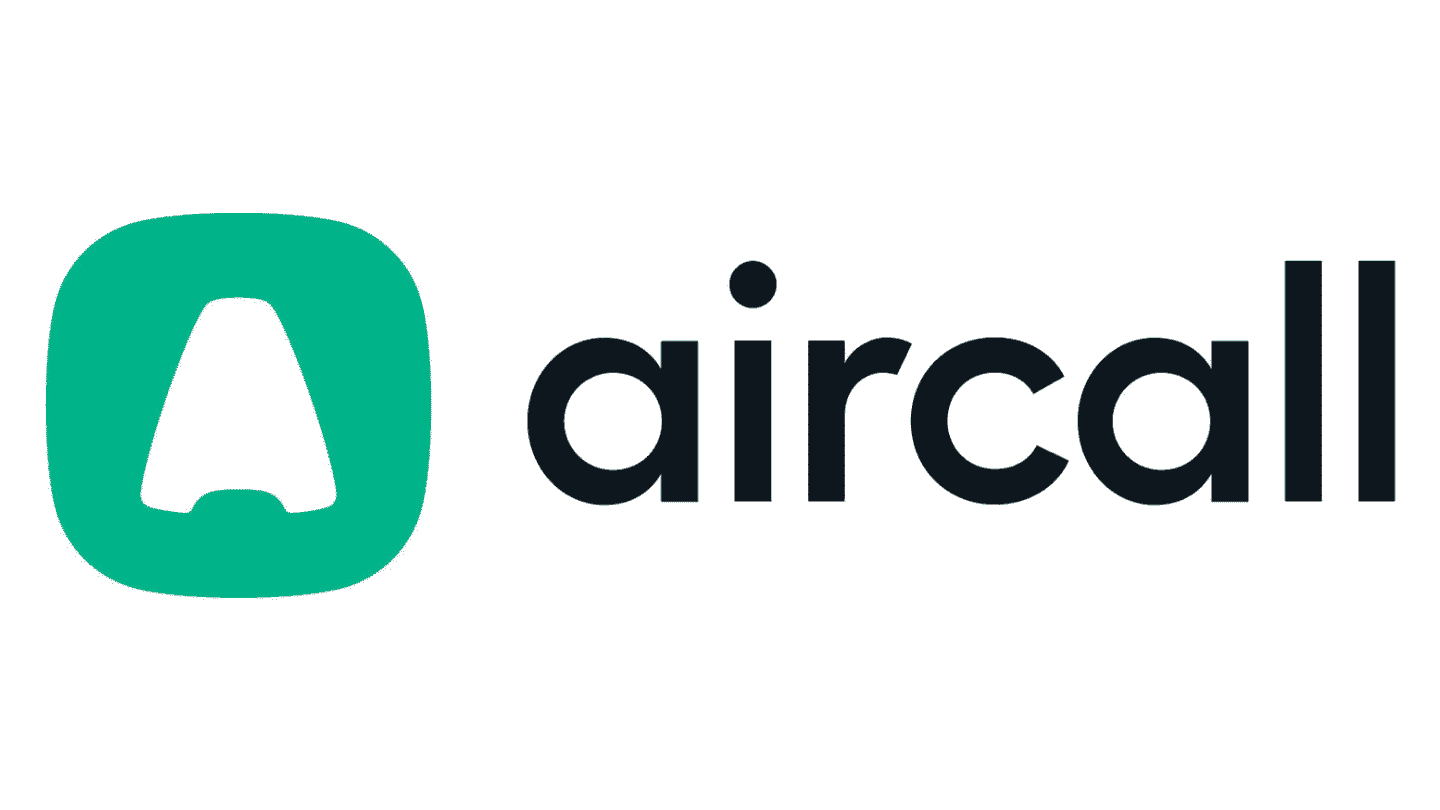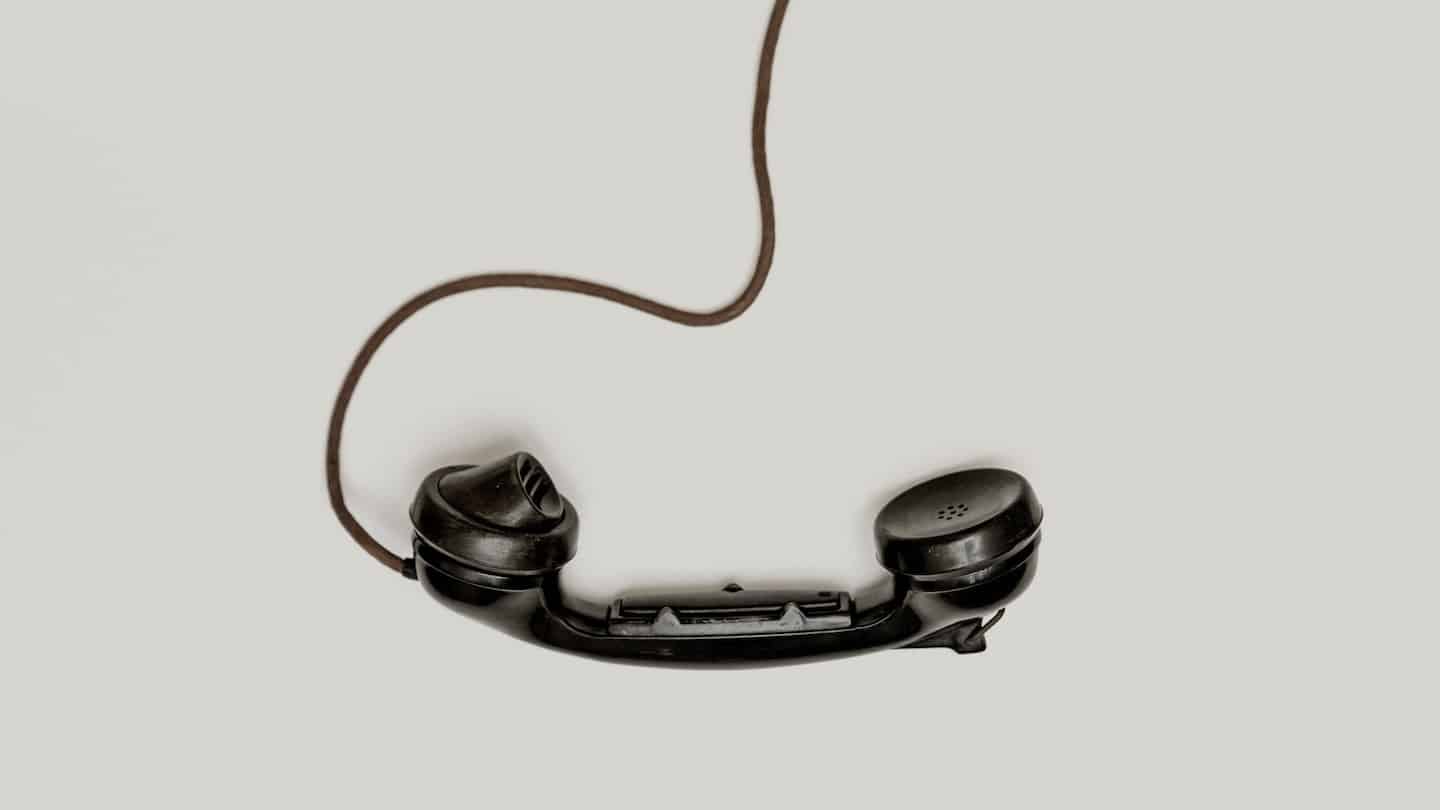Cold Calling: The Complete Guide
Cold calling has a bad reputation. For many, it is a technique of the past that would not have much interest in the era of inbound marketing. However, in reality, cold calling continues to work, sometimes even very well. For many companies – startups, SMEs or even large groups – cold calling continues to be the main lead generation tool.
Telephone prospecting can be very effective if you use the right methods. We can’t do cold calling like we did in the 1990s. The world has changed, we must adapt our ways of doing things.
Discover 20 simple and effective tips to become an ace in telephone prospecting.
#1 Should I use a sales script?
The answer is undoubtedly yes. There are several benefits to this. First, it forces you to take the time to work on your sales pitch, to structure it and make it clear. This also makes it easier to increase the skills of your sales representatives and to gradually polish your sales pitch thanks to their feedback. A script also makes it possible to homogenize the speech of your company, whatever the salesman who represents it. In short, there are only advantages to establishing a sales script.
Learn how to build a lead scoring strategy.
#2 How to create the sales script?
To create your sales script, we advise you to take inspiration from several models and to start from a template by adapting it to your needs. You will find several templates on the internet. We have compiled a list of 7 examples of telephone prospecting scripts. Don’t hesitate to take a look!
#3 Model the call flow
To be effective in your telephone prospecting, we advise you to structure the call in advance. You need to know, even before you have the prospect on the phone, how the call will go. Not in the smallest details of course, that’s impossible and not desirable, but at least in its major steps. This upstream structuring work will make it easier for you to control the course of the telephone exchange and to get the prospect where you are going.
Here are the classic steps involved in a cold call:
- Presentation and introduction
- Questions to get to know the prospect and their needs.
- The presentation of your commercial offer (your pitch).
- Managing objections.
- The conclusion with call-to-action.
You must prepare for each of these steps.
#4 You must anticipate your prospects’ objections
Identify the 4 or 5 main objections that your target customers are likely to make to your offer during telephone conversations. Once you have identified these objections, think about how to answer them so that you are not caught off guard when you are on the phone with your prospects. The ability to handle objections is probably the most difficult part of sales prospecting. You need to take the time to prepare.
#5 “Can you send me more information?” how to respond to this request?
“Could you please send me some additional information? I’ll look them up and let you know / get back to you”. This question is the most innocuous technique a prospect uses to end a sales conversation. A salesperson who is not sufficiently seasoned will tend to respond with a “Sure! I’ll send you this,” then send an email with the documents and…nothing. After two or three unsuccessful follow-ups, the salesman finally gave up. One lead lost.
When a prospect asks this question, it usually means that they are not interested in your offer. If you are faced with this situation, take the opportunity to bounce back and ask your prospect for more information. Ask them new questions and explain that this is so that you can send them the most relevant information/materials. This technique can sometimes get your prospect back on track and prolong the conversation.
#6 The sales pitch should not be deployed too early
This is a very common mistake. Many salespeople tend to deploy their sales pitch too early in the conversation, i.e. before they have even asked the prospect about their needs. To be effective, the sales pitch must be adapted to the prospect’s needs. Therefore, it must first be questioned. Before talking about yourself, you must listen to your prospect, his needs, his challenges, his objectives… More generally, avoid overly commercial approaches, such as canvassing, and be subtle in the way you sell. Before being a commercial conversation, a prospecting call must be a human exchange, between two humans.
#7 How to capture your prospect’s attention?
Once you have the prospect on the phone, how do you get their interest and keep their attention? It is not enough to talk to him, he must listen. Some people, by their charisma, succeed every time and naturally to hypnotize their audience. If you’re not that kind of person, you need to take the time to learn the mechanics of keeping the attention of your audience. Here are three tips:
- Emphasize the important points, to give your speech more emphasis.
- Tell the person you’re talking to when you’re about to say something important.
- Ask the prospect questions, to force them to be “in” and have an attentive mind.

#8 Never multitask while on the phone
Phone prospecting can easily turn into a mechanical routine. It’s normal, many calls are similar and we often have to repeat the same things, face the same objections, etc. so some people tend to do several things at once during their calls: tidy up their desk, prepare a coffee, even look at their email box or play games! This is a profound error. The quality of your prospecting depends on your ability to stay focused throughout the call. This is the only way to really listen to your prospects and deploy a personalized sales pitch. When you’re not “in it”, it’s noticeable…and it doesn’t produce the best effect.
#9 How to recover from a failed sales call?
It’s inevitable that you will miss sales calls, sometimes beautifully. You don’t have to feel bad about it. it is impossible to make all your calls, even if you are well prepared. No one is safe from running into a rude, dismissive prospect who uses the call to vent. This kind of unpleasant situation should not make you lose confidence in yourself. Following a missed call:
- Leave your desk for a moment to take a 5 – 10 minute break.
- Have a coffee.
- Get some fresh air outside.
- Take a step back from what happened.
- Back at your desk, take 5 minutes: play a game, listen to your favorite music of the moment. Do something that frees your mind.
- Tell your colleagues about this mishap to free yourself from negative emotions.
- Take advantage of this bad experience to identify areas where you can improve, where you have not been at your best.
#10 You need to improve your answering machine messages
A telephone prospecting salesperson leaves an average of 70 messages on the answering machine per day, with an average time of one minute per message. This represents approximately 25 hours per month. This is far from negligible.
Most of the time, the messages left on the answering machine are of a poor standard, full of hesitations, badly articulated. Prospects often have to listen to the message several times to understand what it is about or to note the salesperson’s phone number. This discourages more than one prospect, who ends up deleting the message without ever calling back.
In order not to waste time unnecessarily, try to improve yourself. We can always improve. A message left on the answering machine must be able to arouse the interest of the caller. This is its only objective. If the prospect is not interested, they will not call back.
Find out which B2B lead generation strategies work best.
#11 A tip: pre-recording voice messages
Many times, when you dial a number, you get an answering machine. That’s the game. There is nothing more tedious than having to repeat the same words to a machine every time. To make your life easier, save time and be more efficient, why not pre-record a perfect message and trigger it every time you get an answering machine by pressing a simple button? Several tools allow you to do this very easily. Why deprive yourself?
#12 Calling prospects who have opened your email
It is always possible and wise to combine email and telephone in a telephone prospecting process. If you send out prospecting emails and track the opens with your emailing software, one technique is to call back all prospects who opened the email. This technique allows you to focus your efforts on prospects who have shown some form of interest in your offer.
#13 Talk value before you talk price
When you’re on the phone with a prospect and they ask you for your prices, don’t give the answer right away unless you’ve already clearly stated the value of your product or service.
Discover more than 30 tools to automate your sales prospecting.
#14 3 questions to ask yourself before picking up the phone
Many sales people think that the deal is done once the prospect picks up the phone. This is not true. The deal is done or lost before you even dial the phone number. The most important factor in the success of a telephone prospecting call is the state of mind you have when you dial the number. Before you even pick up the phone, ask yourself three simple questions:
- What is the reason for my call? What is my motivation for contacting this prospect? What is the motivation?
- What is my goal? What do I want to accomplish?
- How will I achieve my goal?
Discover 20 high potential lead generation techniques.
#15 “I don’t have time”: how to react to this reaction?
Unless the building in which the prospect you have on the phone is on fire, usually a “I don’t have time” is synonymous with “I’m not interested in your offer” or “goodbye”. After all, if the prospect really didn’t have the time, they simply wouldn’t have bothered to pick up the phone.
No one is prepared to respond to this kind of reaction from the other person. “I don’t have time” is an objection that is not easily countered. What argument can we use? Yet a seasoned salesperson manages to bounce back from this objection to move the conversation forward. When a prospect tells you that they don’t have time, it’s the perfect time to bring out the heavy artillery and present them with the main benefit of your product in a few words. Often, this will get the discussion going again.
#16 The two main techniques to become a pro at cold calling
If you want to become an ace at cold calling, there are two foolproof techniques, both based on experience:
- Make as many calls as possible. Spend a full day, two days or a week making hundreds of calls to practice. Intensive practice is the best way to learn quickly.
- Record the calls, listen to them again, analyze them, and play them back to your colleagues for feedback. This will allow you to identify areas of improvement for the future and to take a step back from your practice.
Find out how to write the perfect prospecting email.
#17 How to deal with hostile or aggressive prospects?
Your prospect has lost his mind. He yells at you, making ridiculous demands. Your ears are ringing, you have a headache. After a while, you can’t take it anymore, you hang up. Everyone would have done the same. Except that this is not the right approach. The best way to deal with aggressive or malicious prospects is to remain calm, friendly and in control of the conversation by letting the prospect know that you are the expert, that they should trust you. This is what the Anglo-Saxons call“friendly-strength“. Act like a doctor being assaulted by a patient in pain or fear. Show empathy while asserting yourself as the person in the situation.
#18 How do you get non-talking prospects to talk?
The success of your call depends on your knowledge of the prospect’s situation and your ability to adapt your speech to their needs and expectations. But how do you get that knowledge when you’re dealing with a prospect who’s not very talkative? You must first reassure them that you are not like other salespeople, that your wish is really to help them, that you are not just a carpet merchant. Explain that you want to help him, to build a long-term relationship, but that to do so you need to know more about him. Adopt a friendly, sincere tone and at the same time demonstrate your expertise.
#19 The 3 essential KPIs to measure and improve your cold calling performance
Data analysis is like dieting. We know we should. We know it would be beneficial. Eventually, we even know how to do it, but we don’t do it. However, data analysis and tracking of your telephone prospecting operations is the best way to progress and improve your performance.
We must not try to make it complicated. There are basically three things you need to track and analyze:
- Your activity. How many calls did you make? How many emails did you send? How many appointments or trips have you made? Analyzing this data will help you know how you are investing your time and prepare for the other two sets of metrics.
- Your efficiency. How many decision-makers have you contacted? How many of them turned out to be qualified prospects, interested in your product? This analysis will allow you to know if you are targeting the right people and to measure the quality of your lead list.
- Your performance. How many of these decision makers have taken the next step, testing or buying your product? The ratio analysis will allow you to identify the strengths and weaknesses of your sales pitch.
#20 What to do when a prospect hangs up
No one likes to be hung up on, but you don’t want a missed call to ruin your day. If this happens, take a deep breath, collect yourself and ask yourself, “Is the outcome different than if I had not called it?” Put it in perspective. Then, with a clear head, ask yourself why the prospect hung up, what you could have done to avoid this, and what you need to do to prevent the situation from happening again in the future.
To convince you that cold calling is not dead and that it can still be a very powerful lever, tell yourself that it is partly thanks to cold calling that Uber became what it is today – a behemoth valued at more than 70 billion dollars. Indeed, the founders of Uber used telephone canvassing extensively to validate their initial idea and the concept behind the application. They’ve refined their value proposition with the good old-fashioned phone! If telephone prospecting can rhyme with a flourishing startup, it’s because the telephone still has a bright future ahead of it!
- To go further, discover:
- 9 more expert tips for successful cold calling.
- 10 questions to qualify your prospects on the phone














